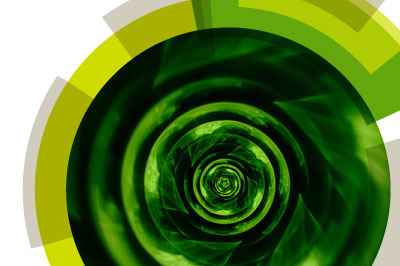With the prospect of a shale gas industry developing in the UK, we need to try to understand what impacts it may have on the UK environment in advance. We have some time to explore whether we can prevent, avoid or mitigate against any potential impacts prior to its introduction. However, how can we understand the potential effects of an industry that does not yet exist?
In this lecture, Professor Fred Worrall will consider several approaches that we can take to understand the effect of something that has not happened. These include learning from the US’s experience and potential mistakes and considering the impact of comparator industries within the UK, eg. why a sewage treatment works is like a shale gas well pad. He will also consider the current work measuring impacts of the onshore oil and gas industry and what historical records of pesticide pollution can tell us about what will happen if fracking takes place.
Professor Fred Worrall is Professor of Environmental Chemistry in the department of Earth Sciences at Durham University. His research interests include agricultural pollution, carbon biogeochemistry, contaminant hydrology and environmental chemistry. His current research includes assessing the fugitive emissions from onshore gas infrastructure. Fred was one of over 30 scientists who took part in a workshop held in the Washington last November that brought together scientists from the US and UK to better understand the potential environmental impacts of unconventional hydrocarbon extraction.
In this lecture, Professor Fred Worrall will consider several approaches that we can take to understand the effect of something that has not happened. These include learning from the US’s experience and potential mistakes and considering the impact of comparator industries within the UK, eg. why a sewage treatment works is like a shale gas well pad. He will also consider the current work measuring impacts of the onshore oil and gas industry and what historical records of pesticide pollution can tell us about what will happen if fracking takes place.
Professor Fred Worrall is Professor of Environmental Chemistry in the department of Earth Sciences at Durham University. His research interests include agricultural pollution, carbon biogeochemistry, contaminant hydrology and environmental chemistry. His current research includes assessing the fugitive emissions from onshore gas infrastructure. Fred was one of over 30 scientists who took part in a workshop held in the Washington last November that brought together scientists from the US and UK to better understand the potential environmental impacts of unconventional hydrocarbon extraction.









